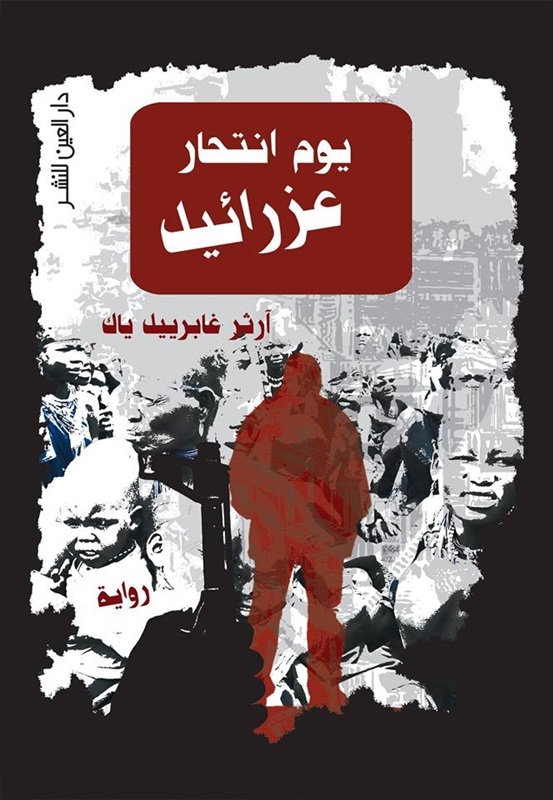The novel begins in Juba, the capital of a young South Sudan which gained its independence in 2011. Colonel Franco, who is reputed for being a courageous and efficient officer thanks to his experience during the long civil war against the government of Khartoum, is sent by the authorities to quash a new rebellion by a rival ethnic group. He kills people with such ease that he is nicknamed Azrael, the Archangel who takes souls and guides them to heaven. Franco has always considered himself to be a pure Dinka, but when he goes back to his village to organise his sister’s wedding ceremony, he discovers that he is not welcome by the elders, and realises that his father actually belonged to the rival ethnic group he has targeted. Shaken by this discovery, he considers committing suicide.
Approximate number of pages: 379 p.
Foreign rights: contact the author‘s agent
